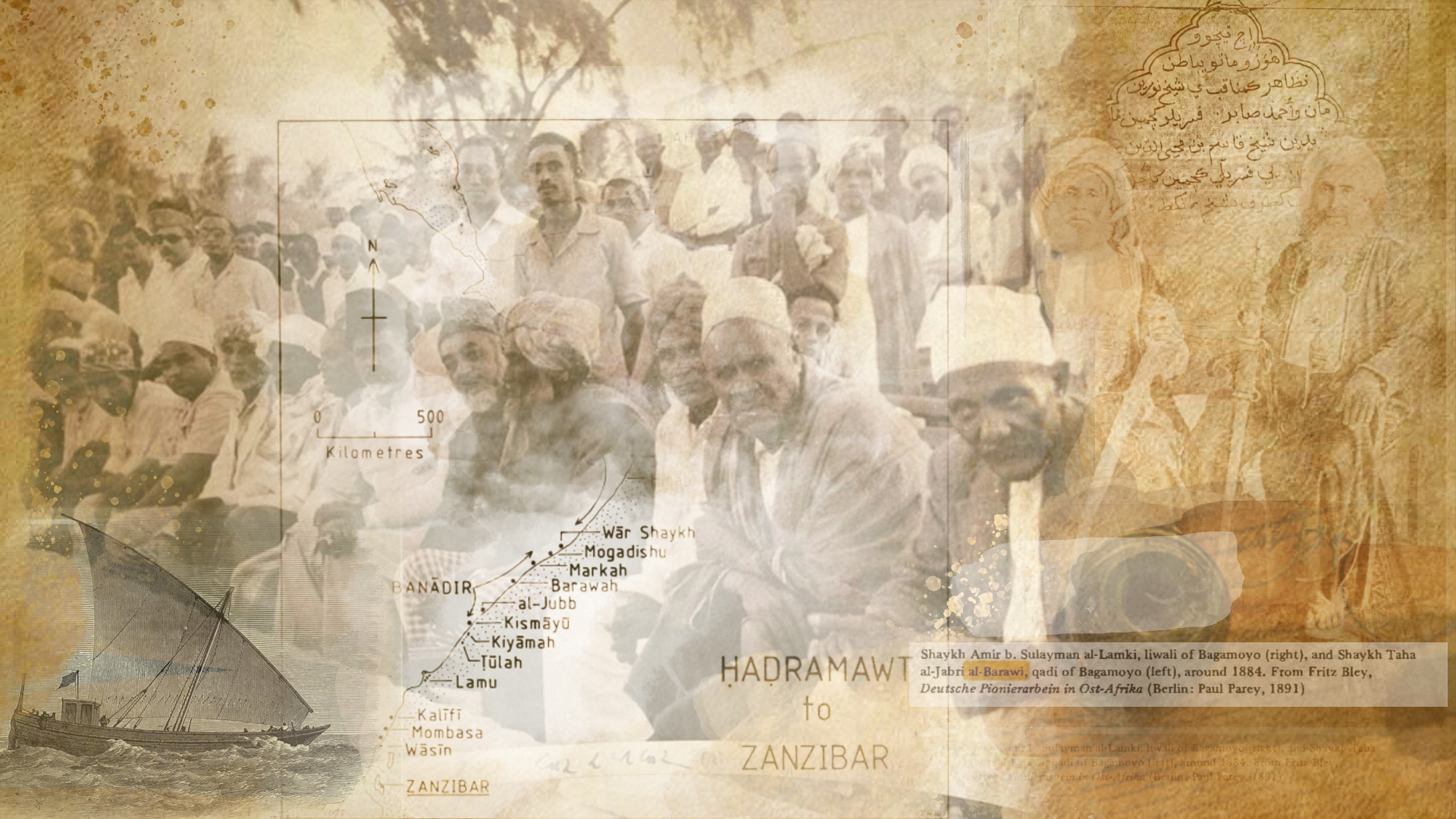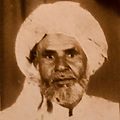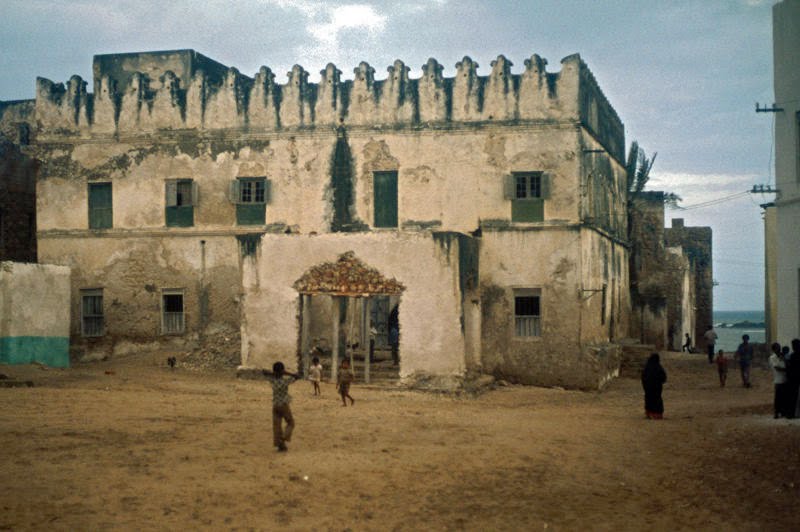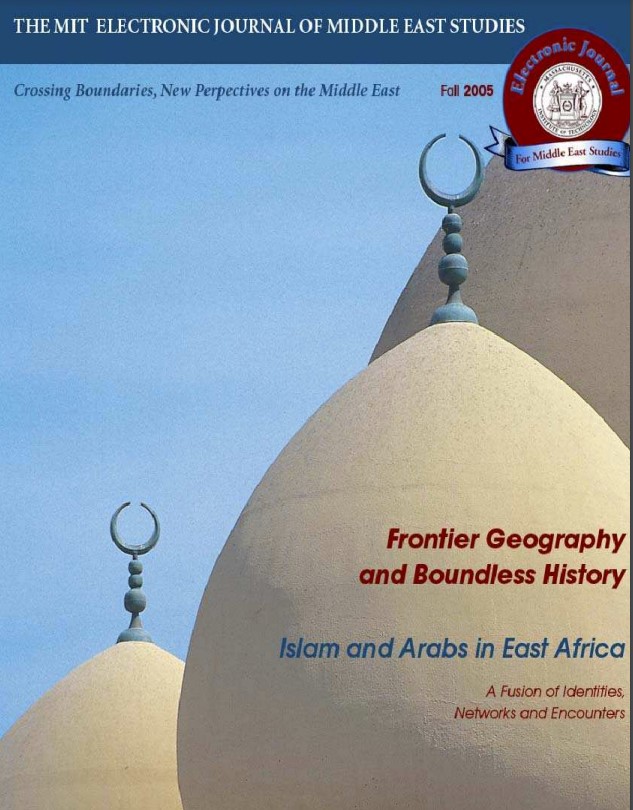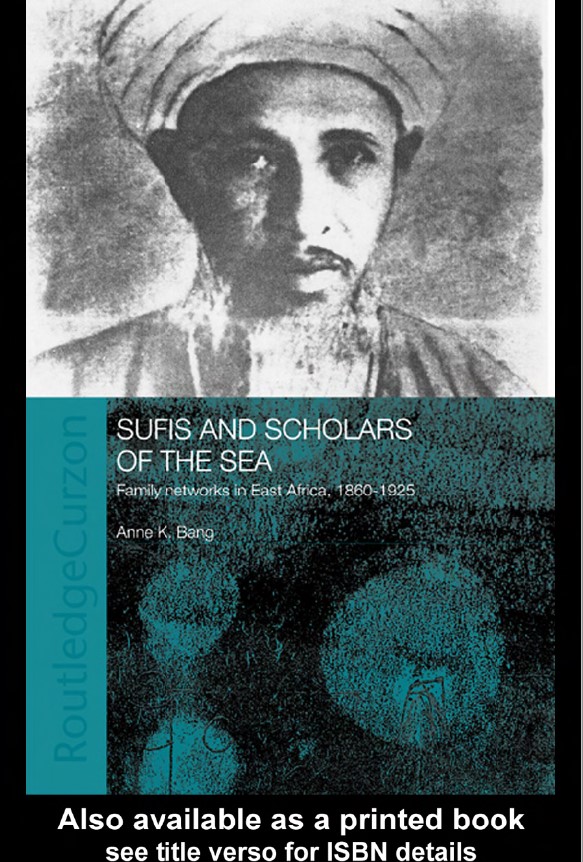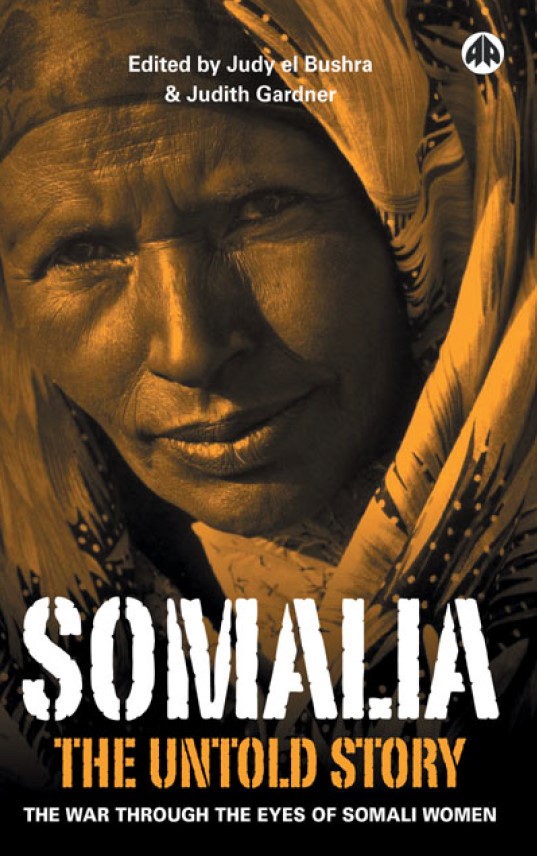Field: Poetry, Islamic Scholar, Teacher
Ahmed Nur ibn Haji Abdulqadir ibn Abd’ Hassan (1881-1959), (also known as Mu’alim Nuuri) was a prominent scholar that was born in the city of Barawa, he studied under Sheikh Qassim Al Barawi and Sheikh Nurein Sabiri Al Haatimi (See my previous posts about both of them), he is well known for his poetry he wrote in Chimbalazi and in Arabic. At a time where learning was orally oriented in Barawa, he began simplifying knowledge about Islam and remaking it into poetry for people to learn and grasp, some of his poetry emphasised on Fiqh related issues, seerah, and Shariah.
Most of his poems are lost, but the most famous and remembered poem he wrote is his Zubadi, which is based on Matn al-Zubad fi al-Fiqh, a classic work on Islamic Fiqh written by Sheikh Ahmed Ibn Raslaan, this poem is more than 1000 verses and was made required reading for the students of Islamic studies in Barawa.
Childhood
Mu’alim Nuuri was born in Biruni (a town in the South of Barawa). His parents, Haji Abdulqadir and Asha bint Haji Awes were from the prominent clan amongst the Tunni; they belonged to Arweri, a sub clan of Dafaradhi, which traditionally provided the leaders of all five Tunni groups. Mu’alim Nuri’s maternal grandfather was appointed by Sultan Sayyid Sa’id of Zanzibar as his representative in Barawa.
Growing up, Mu’alim Nuuri lost his mother at the age of 14; by then he was proficient in the Chimini dialect spoken in Barawa. Tradition has it, that the senior scholar at that time, Sheikh Nurein Sabiri, saw him playing with other children by a beach in Barawa; he then invited Mu’alim Nuuri to become one of his students. He grew up to become one of his best students and became influenced by the Ahmadiyyah Sufi order. Mu’alim Nuuri wrote a poem dedicated to his teacher Sheikh Nurein Sabiri, who, at the time of his death in 1909 called “Manaqib Shaykh Nurayn Ahmed Sabir”.
He earned the title Mu’alim which means ‘teacher’ in the Arabic language, as opposed to Sheikh which was commonly used for scholars in Barawa. This was due to his style of poetry where he wrote in an educative method to help people learn basic religious tasks in the Shafi jurisprudence, by reading his poems.
Mu’alim Nuuri married twice in his life, but had no children; he married Fatima Sheikh Miow and Ay Sitey. He lived with Fatima most of his life in a village called Jamame near the Lower Jubba region of South Somalia. He returned to his hometown in Barawa shortly before his death in August 1959 and was buried in Barawa’s southwestern cemetery, Ka-Selemu.
Poems
Below are some of the poems written by Mu’alim Nuuri, these are taken from the book, ‘Stringing Coral Beads’: The Religious Poetry of Brava (c. 1890–1975), edited and translated by Alessandra Vianelo, Lidwien Kapteijns, and Mohammed Kassim.[6]
- Shṯeenzi cha ahḻu al-sabri (The poem of those who were steadfast in adversity)
- Shṯeenzi cha Aʾisha (The poem of Aʾisha)
- Shṯeenzi cha Aamina (The poem of Amina)
- Mooja mreheme Aṯeeni (O God, have mercy upon Ateni)
- Chidirke Maana Faaṯima (Rescue us, O Lady Fatima!)
- Shṯeenzi cha masadaaṯi (The poem of the Sharifs)
- Shṯeenzi cha Hasani na Huseeni (The poem of Hassan and Hussein)
- Shṯeenzi cha Haawa na Aadamu (The poem of Ḥawwāʾ (Eve) and Adam)
- Shṯeenzi cha kibri (The poem of pride)
- Madad madad (Come to our help, O Prophet)
- Shṯeenzi cha mahaaji (The poem of the pilgrims)
- Shṯeenzi cha miʾraaji (The poem of the miʿrāj)
- Mooja chiloongole (May God guide us)
- Mooja ondrola d̲h̲ibu (O God, remove troubles)
- Mṯawasuleeni Musṯafa (Seek the intercession of the Chosen One)
- Shṯeenzi cha sabri (The poem of forbearance)
- Shṯeenzi cha sala ṯimaamu (The poem of the correct prayer)
- Shṯeenzi cha Sayyida Khadija (The poem of Lady Khadija)
- Shṯeenzi cha Sheikh Nureeni (The poem of Sheikh Nureni)
- Shṯeenzi cha Faaṯima (The poem of Fatima)
- Shṯeenzi cha hijja (The poem of the pilgrimage)
- Shṯeenzi cha soomu (The poem of fasting)
- Shṯeenzi cha udhʾhiya (The poem of ritual sacrifice)
- Zubadi (The Cream)
For further reading, please read the book “Stringing Coral Beads” by Alessandra Vianelo, Mohammed Kassim and Leiden Kaptien.
References:
- Vianello, A., Kapteijns, L. and Kạssim, M., n.d. ‘Stringing Coral Beads’.
- ^ Guillain, Documents, 161–162.
- ^ Vianello, A., Kapteijns, L. and Kạssim, M., n.d. ‘Stringing Coral Beads’
- ^ Vianello, A., Kapteijns, L. and Kạssim, M., n.d. ‘Stringing Coral Beads’
- ^ Vianello, A., Kapteijns, L. and Kạssim, M., n.d. ‘Stringing Coral Beads’
- ^ Vianello, A., Kapteijns, L. and Kassim, M., 2018. “Stringing Coral Beads”. Leiden: Brill.


